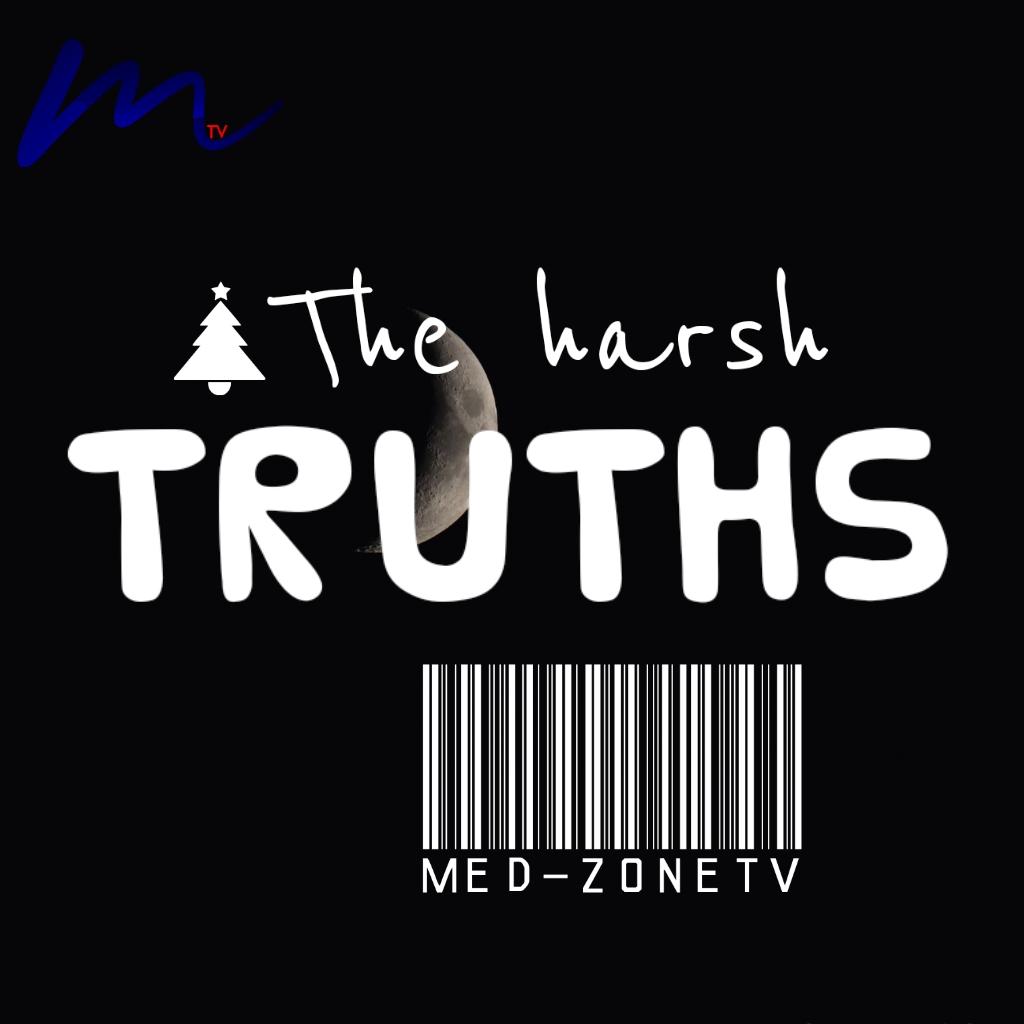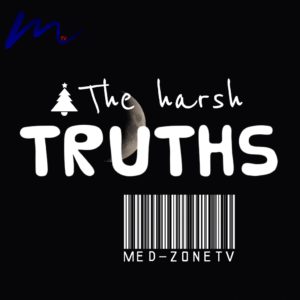About the Harsh Truth Series
In life, you can’t control alot of things – this is the harshest truth about life. But there is one thing you can control and that is yourself and your reactions to the never ending challenges life will throw at you. The harsh truths is a bi-weekly interview showcasing the harshness embedded in different spheres of life and academics. Today’s edition focuses on the harsh truths about radiography in Nigeria.
The harsh Truth Series enables you embrace your own reality and realise that you alone can make you happy.
Hanat: Can we get to meet you?
Mr. Carlton: I am Achinonu Emeka Carlton
I am a graduate of radiography at Nnamdi Azikwe University, Nnewi campus college of health science, Okofia Anambra state.
And I am one of the best graduating students in radiography 2020 set.
Hanat: Wow, congratulations sir
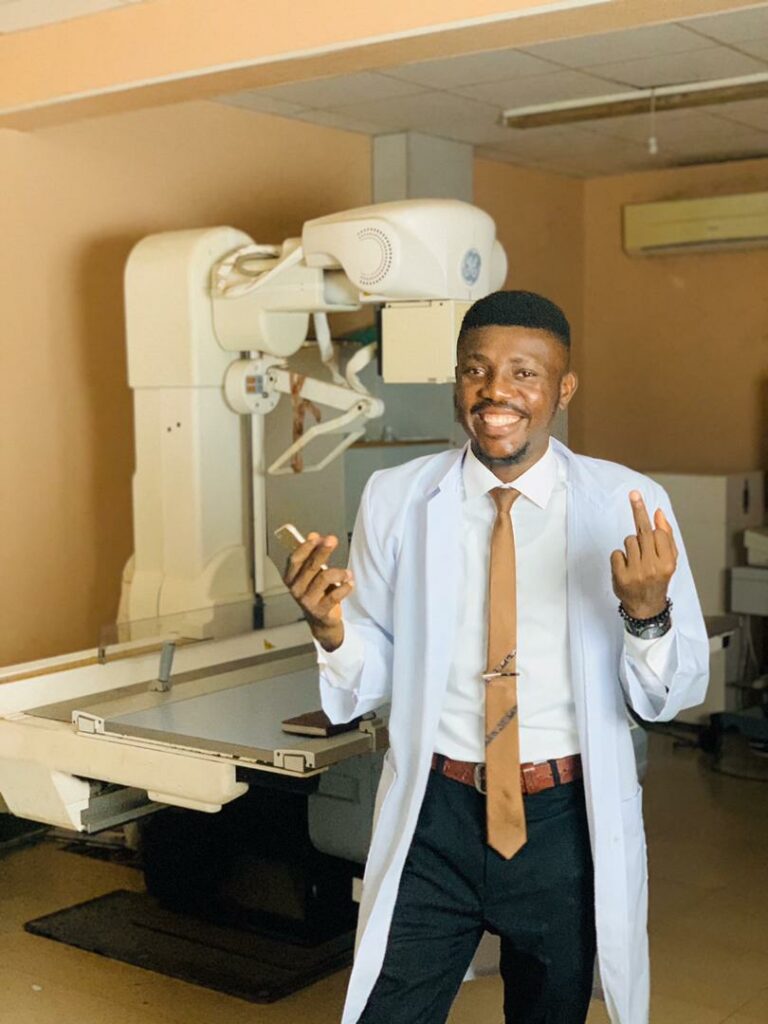
The harsh Truths About Radiography
Hanat: There’s a general concern about how some allied-medical courses including radiography do not get enough recognition and credit, what’s your opinion on this? Do you feel radiography is underappreciated?
Mr. Carlton: Yes I feel like radiography which is regarded as the eyes and light of medicine is underappreciated, the profession doesn’t receive enough recognition and we are very important in the hospital setting because we do the
diagnosis using radiation without us the doctors are blind and can’t perform surgeries or know the full diagnosis of the patient and also we have the therapeutic radiography were we use ionizing radiation to treat cancerous cells, so you see now that radiography role in the hospital is very important and we deserve that recognition.
Hanat: And I believe we are trying to do that in our little way
Hanat: Weighing the pros and cons of radiotherapy, would you consider it a suitable option for cancer treatment? Have you ever lost a patient to radiotherapy?
Mr. Carlton: A radiotherapy is always a suitable option for the treatment of cancerous cells especially tumors that are in the early staging and grading system. And also radiotherapy is a local treatment which means it is used to treat particular cells and it can’t treat multiple metastasis or anaplastic tumors, so it is not a systemic treatment but a local treatment that makes it safe for use.
And most oncologists do advise cancerous patients to do a combination of radiotherapy, surgery, or hormonal therapy
Mr. Carlton: Also about losing a patient in radiotherapy, though I have never experienced losing a patient before. In radiotherapy treatment is classified into;1. Radical treatment: Whereby you know the patient is responding to treatment and the disease is not a terminal illness.
2. Palliative treatment: where you know the patient has a terminal illness like the multiple metastases of the breast. You will have to use a low dose of radiation to prolong the life span of the patient.
Hanat: So in your opinion, the pros outweigh the cons?
Mr. Carlton: Yes, I believe so
Hanat: Why radiography? What was your inspiration and what’s your biggest motivation?
Mr. Carlton: Well my biggest motivation is my mum. I lost my mum to breast cancer, and ever since then I have told myself I will find a way to cure cancer permanently that is how I venture into radiography and my main specialty will be in radiotherapy and nuclear medicine.
Hanat: Oh sorry about that, May her soul rest in peace✨
My condolences
Hanat: What challenges have you faced so far? How did you overcome them?
Mr. Carlton: Well while I was a student one challenge I faced and remember so well was in anatomy during 200lv when I had to read voluminous topics in gross anatomy about 28 topics only to see five questions and setting exam timetable in a way where I had papers every day or two in a day. How I overcome such challenges and many more were to read on time and create my summary on each topic on time before the exam timetable is released
Hanat: Glad you were able to find out what works best for you
Hanat: what do you do in situations where protective clothing and materials are not made available?
Mr. Carlton: In every radiography center it must be available. if it is not available you don’t work in such a center because in radiation protection we protect the patient, staff, and public
Mr. Carlton: And they are other specialties in radiography apart from radiotherapy
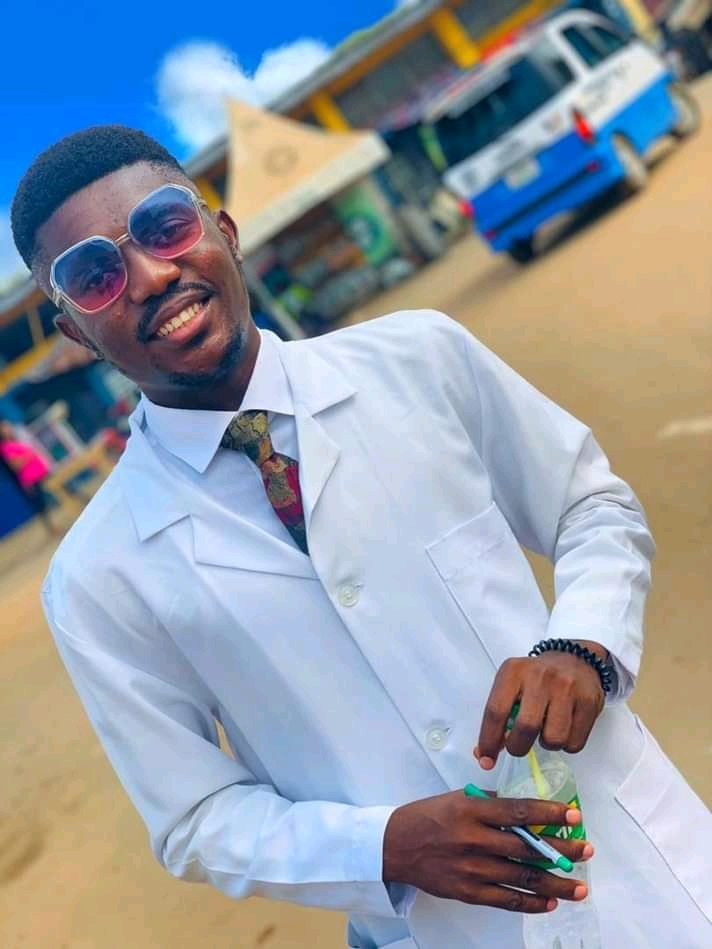
Hanat: So are you saying radiotherapy has more jobs to offer?
Mr. Carlton: It is lucrative in a way but not actually in Nigeria but rather in European countries, most hospitals can’t afford a radiotherapy machine because it is very expensive. Only a few hospitals in Nigeria have such machines which are in Ibadan, Abuja, Lagos, and Kano
Hanat: What’s radiotherapy beyond the machine?
What goes on behind the machine scene?
Mr. Carlton: Radiotherapy is about treating tumors using radiation which requires the use of;1. A radiotherapy machine
2. Reassurance to the patient
3. Patient care
Well, apart from the treatment using machine we have the patient care procedure which at times helps.
As a radiographer, you reassure the patient making sure your patients are comfortable, explain the procedure and try as much as possible to know the adequate dose of radiation you will use to treat the tumor so with this you have improved or prolong the lifespan of such patient.
Hanat: Is there a clear line between radiology and radiography? What does it entail?
Mr. Carlton: Yeah there is a clear line or different but radiology and radiography…
Radiology or a radiologist are doctors who interpret images gotten from the radiography department only interpret. While radiography or radiographer position the patient, expose the patient to radiation and know the appropriate dose to use and also produce the image ..they are the only one that has the right to dispense ionizing radiation to the patient for promotion of health, treat disease and produce various diagnostic images.
Recently most private diagnostic centers now allow radiographers to interpret
Hanat: What role does radiotherapy play in promoting health literacy?
Mr. Carlton: Radiotherapy plays a major role because it is used as localized treatment in cancer and nonmalignant tumor-like hairy urethra, haemangioma, corneal problem and much more.
Hanat: How does all this promote health literacy
Mr. Carlton: In order to promote health literacy, adequate information should be given, broadcast of radiotherapy and its relevance should be spread across media
Hanat: How would you differentiate between being emphatic and sympathetic? Which of these values would you consider better suited for your profession?
Mr. Carlton: To me, empathy and reassurance is the best
Hanat: Does being emphatic not involve a lot of emotion that can get online of your work?
Mr. Carlton: Yeah it involves but it is one of the qualities of a good radiographer. At the time it gets in line but as a radiographer, you should know the code of ethics
Hanat: What would you consider the most pressing issue in the Nigerian health sector today and its impact on your profession?
Mr. Carlton: Not being paid well
Lack of infrastructures in the hospital
All this affects my profession.
Hanat: Does his apply to the private health sector too?
Mr. Carlton: For private, I’ll consider them to be short-staffed which results in a heavy workload and at a time can be stressful
Hanat: What job offers are available to graduates of radiography?
Mr. Carlton: So many job offers are available for radiographers in Nigeria because radiography is the most lucrative course in health science only few university offer radiography about 10 and they are a lot of diagnostic centers.
Hanat: So you’ll consider the labor market for radiography a lot more favorable compared to other courses?
Mr. Carlton: I won’t consider the labor market to radiography to be quite favorable compared to other courses but rather a lot more competitive since we have a little infrastructure in this part of the world.
Hanat: What would you consider as the advantages and limitations you see as a student of radiography?
Mr. Carlton: Advantages include;
1. Opportunity to learn different specialties like ultrasound, fluoroscopy, MRI, computed tomography, scintigraphy, etc
2. Ability to know and take measures to protect yourself from radiation
3. An opportunity to train and practice during SIWES and clinical posting.While the limitation includes;
During clinical posting, doctors looking down on radiographers and students radiographers and also preventing them or not training them on ultrasound practices.
Hanat: Where do you see radiography in 5 years?
Mr. Carlton: Radiography is becoming more known to people, I feel like it is evolving and will be very competitive and a lot of people might want to join the field
Hanat: How do you maintain stable mental health amidst school stress?
Mr. Carlton: Well the truth is I try my best to plan myself. For instance, I do have lectures from 8 am to 5 pm, when coming back I will be stressed out so I have to eat well and sleep till 12 pm or 1 am and read what was taught that day then end the reading by 4 or 5 am. That is how I program myself and it works for me ..and at times the stress might lead to depression because what I fear most is failure ..what I do, I tell myself I can do it and I motivate myself and associate with the good type of peer or friends in other to achieve my goal and ambition
Hanat: Well discovering yourself and what works best for you is one great step to success, glad you found yours
Mr. Carlton: Thanks
Hanat: Has there ever been a time you had to deal with a difficult patient or patient’s relative? How did you handle it?
Mr. Carlton: Well for a difficult patient. Yes.
Well it was a child who was 2years old, I wanted to position the child for a chest x-ray but the child was moving and crying and such a situation will cause blurring to my image, I had to draw the attention of the caregiver or parent to assist me to immobilize the patient and I lure or promise the child a gift if he cooperates which he did.
Hanat: That must have been cute to watch
Advice, conclusion
Hanat: Anything you would like to share with us?
Mr. Carlton: Nothing much.
My advice for students in the medical field, just try and find out what works for you and give in your best.
Hanat: Any advice to those studying radiography or intending to study radiography?
Mr. Carlton: Well to thus studying radiography…
The workload might be much, my advice is to try as much as possible not to give up ..radiography is evolving and this profession is one of the best and most lucrative so always try to read both what you are taught and also outside the box.
To those intending to study radiograph, Just know that the course you are about to enter is not an easy one but if you put in the effort, hardworking, grace, and prayer ..you will surely come out in flying color.
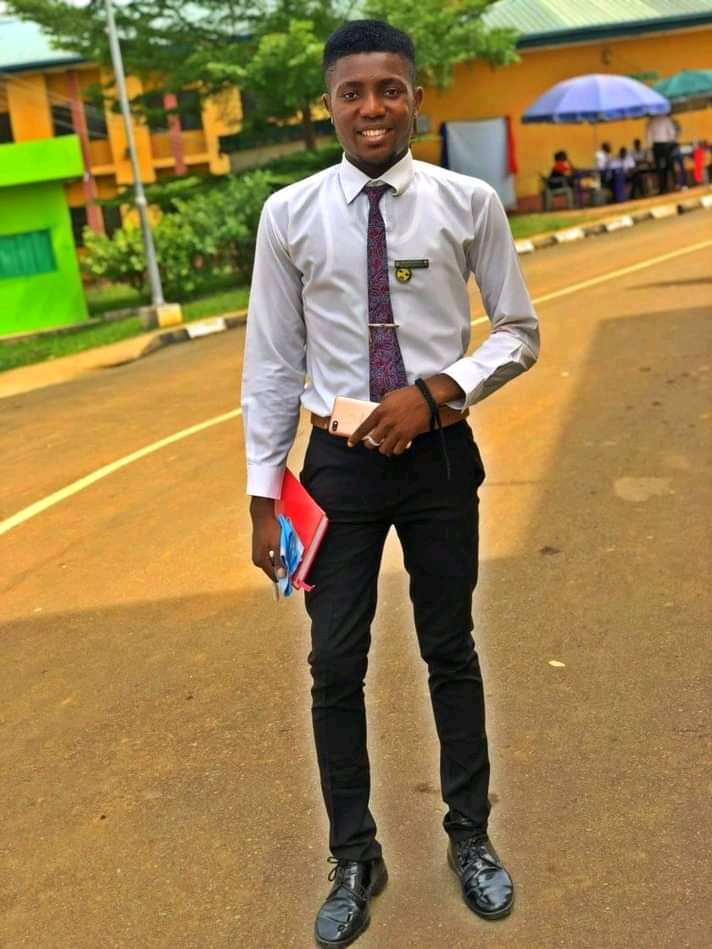
The harsh Truths About Radiography in Nigeria
You may also like: The Harsh Truths About Being Married in Medical School
Hanat: Thank you so much for granting us an audience.
About the Interviewer
Olalere Hanat Asake is a medical student at Lagos state University. She’s passionate about Gender based violence and feminism.Her hobbies include writing, sleeping and eating

